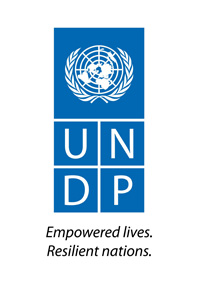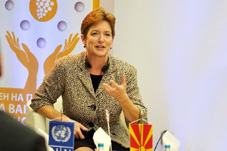
Georgia ranks 70th in human development
By Nika Gamtsemlidze
Thursday, December 12
According to the 2019 Human Development Index (HDI), which was published by the United Nations Development Programme, Georgia ranks 70 of the 189. According to UNDP, human well-being depends on more than just money, so they focus on health, education and income to rank the world’s countries.
This year Georgia places ahead of Armenia at 81, Azerbaijan at 87 and Ukraine at 88, but behind Russia at 49, Belarus at 50 and Turkey at 59.
According to the report Georgia currently qualifies as a country of high human development. Between 2000 and 2018, the country’s HDI value rose from 0.669 to 0.786, an increase of 17.5 percent. Life expectancy at birth increased by 3.2 years, mean years of schooling by 1.1 years and expected years of schooling by 3.0 years. GNI per capita grew by about 19.8 percent between 1990 and 2018.
However, these achievements lose some lustre when the HDI value is discounted for inequality. For Georgia the loss is a discouraging 12 percent.
As UNDP Head in Georgia, Louisa Vinton said, Georgia’s performance in improved living standards for its citizens is being undercut by inequality.
“This year’s human development report is a call to action to design and adopt policies to reduce disparities, whether between men and women, urban and rural areas, or the wealthy and the poor,” noted Vinton.
Inequality is the main theme of the analysis that accompanies this year’s Human Development Index. The new Human Development Report (HDR) argues that, despite unprecedented progress against poverty, hunger, and disease, many societies are not working as they should.
According to UNDP Administrator, Achim Steiner, “different triggers are bringing people onto the streets -- the cost of a train ticket, the price of petrol, demands political freedoms, the pursuit of fairness and justice. This is the new face of inequality, and as this Human Development Report sets out, inequality is not beyond solutions.”
The 2019 Human Development Report (HDR), is titled “Beyond income, beyond averages, beyond today: inequalities in human development in the 21st Century.”
The Report argues that while the middle-income countries of Europe and Central Asia have achieved higher living standards than ever before, climate change and technological disruption could severely slow down their efforts to reduce inequalities.
The 2019 HDR shows that impressive progress has been made in the Human Development Index (HDI) since 1990 and many countries have moved up through the human development categories: between 1990 and 2018 the number of countries classified as having very high human development rose from 12 to 62 while those classified as having low human development fell from 62 to 36.
Georgia GII value ranks it 75 out of 162 countries. In Georgia, only 15 percent of parliamentary seats are held by women, and 97.4 percent of adult women have reached at least a secondary level of education compared to 98.6 percent of men. For every 100,000 live births, 36.0 women die from pregnancy-related causes; and the adolescent birth rate is 46.4 births per 1,000 women of ages 15-19. Female participation in the labor market is 57.8 percent compared to 78.7 for men.


